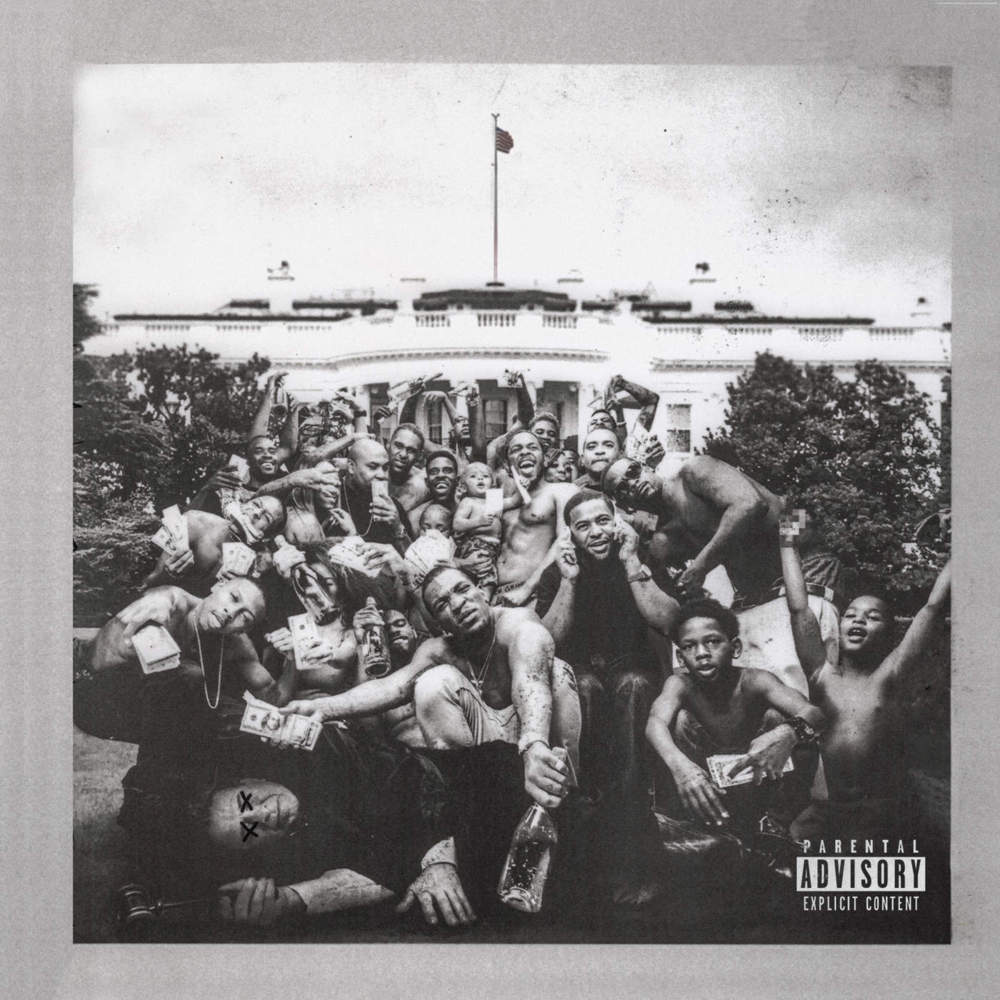Kendrick Lamar’s album To Pimp A Butterfly is considered by many to be best rap album of 2015. It sold 363,000 units in its first week, and held the number one spot on the Billboard Top 200 chart for a large amount of that time. Additionally, Kendrick stands among the greats of modern rap, offering (generally) thoughtful commentary on a wide variety of topics ranging from race relations to teen drug use. In his song, “You Ain’t Gotta Lie (Momma Said)”, Kendrick Lamar both promotes and attacks what he sees as black culture, while never really taking a side on what the “right” way to act is.
Kendrick Lamar calls out young black men for trying to be someone they’re not in an effort to impress him, which causes problems due to his idea of what they are trying to do, but also solves them to some extent, as he only mentions them to point out their hypocrisy. He says
"I could see your insecurities written all on your face/ So predictable your words, I know what you gonna say…/ Askin', 'where the hoes at?' to impress me/ Askin', 'where the moneybags?' to impress me/ Askin' 'where the plug at?' to impress me"
Kendrick only mentions what many would see as negative examples of black culture. If this was truly the only aspect of black culture, he might be doing the right thing by calling them out and incentivizing people to change. However, there are obviously many more positives that Kendrick decides to gloss over.
Kendrick goes on to rhyme
"And the world don't respect you and the culture don't accept you"
This is actually a gigantic problem in many respects. The idea that black culture itself is responsible for the problems that it faces has actually been floating around for a bit more than 200 years. Originally introduced by W.E.B DuBois, the culturalist ideology puts the onus on black culture to fight against “Negro crime” and conform more closely to white cultural norms. The problem with this culturalist way of thinking is that it threatens to ignore the systematic and long-running bias against people of color in the United States. By saying that blacks are at fault for the American culture not accepting them, Kendrick takes away the responsibility of whites for the racial problems we face.
Kendrick’s flirting with the culturalist ideology is a problem mirrored throughout all of America. When Fox News cites a teenager wearing “suspicious clothes” as a reason for police brutality, culturalism rears its head. When Donald Trump says that the “illegals” don’t contribute to our country and need to leave, culturalism rears its head. Only by identifying and addressing culturalism in America can we start to solve this problem.
Kendrick only mentions what many would see as negative examples of black culture. If this was truly the only aspect of black culture, he might be doing the right thing by calling them out and incentivizing people to change. However, there are obviously many more positives that Kendrick decides to gloss over.
Kendrick goes on to rhyme
"And the world don't respect you and the culture don't accept you"
This is actually a gigantic problem in many respects. The idea that black culture itself is responsible for the problems that it faces has actually been floating around for a bit more than 200 years. Originally introduced by W.E.B DuBois, the culturalist ideology puts the onus on black culture to fight against “Negro crime” and conform more closely to white cultural norms. The problem with this culturalist way of thinking is that it threatens to ignore the systematic and long-running bias against people of color in the United States. By saying that blacks are at fault for the American culture not accepting them, Kendrick takes away the responsibility of whites for the racial problems we face.
Kendrick’s flirting with the culturalist ideology is a problem mirrored throughout all of America. When Fox News cites a teenager wearing “suspicious clothes” as a reason for police brutality, culturalism rears its head. When Donald Trump says that the “illegals” don’t contribute to our country and need to leave, culturalism rears its head. Only by identifying and addressing culturalism in America can we start to solve this problem.


No comments:
Post a Comment
Note: Only a member of this blog may post a comment.